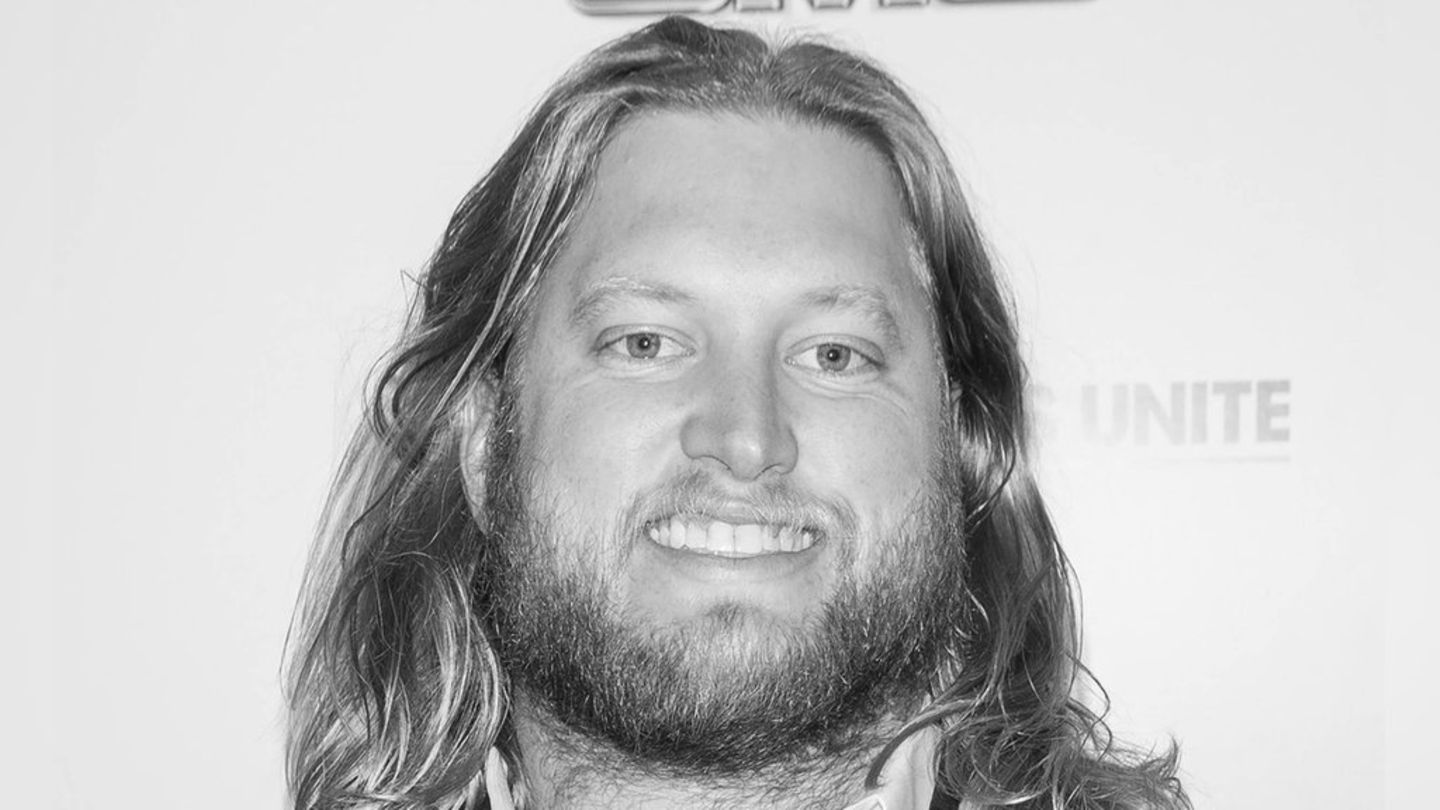I have been working in the news industry for over 6 years, first as a reporter and now as an editor. I have covered politics extensively, and my work has appeared in major newspapers and online news outlets around the world. In addition to my writing, I also contribute regularly to 24 Hours World.
Menu
EU summit in Brussels: EU decides to start Ukraine accession negotiations
Categories
Most Read
Portrait: Left-wing favorite for New York City Hall: This is Zohran Mamdani
October 27, 2025
No Comments
The awakening of the US Democrats. The situation in the morning
October 27, 2025
No Comments
USA: Fighter jet and helicopter crashed in South China Sea
October 27, 2025
No Comments
Elections: Milei’s surprise success in congressional elections in Argentina
October 27, 2025
No Comments
Latest Posts

Nick Mangold: Former NFL star dies at 41
October 27, 2025
No Comments
Lisa HarrisI am an author and journalist who has worked in the entertainment industry for over a decade. I currently work as a news editor

Categorical libertarian victory returns confidence to the market and causes a drastic turn in the dollar, stocks and bonds
October 27, 2025
No Comments
In the Wall Street night tradingthe Argentine ADRs climbed up to 21%, while the crypto dollars sank more than $125, reflecting a sharp drop in

Endurance athletes excited about the “Everest Linz” premiere in Linz
October 27, 2025
No Comments
“Evererest Linz” attracted persistent hikers and runners alike. Maximilian Kopf was the first to reach the height of Everest. Esther Fellhofer was the only woman
24 Hours Worlds is a comprehensive source of instant world current affairs, offering up-to-the-minute coverage of breaking news and events from around the globe. With a team of experienced journalists and experts on hand 24/7.

